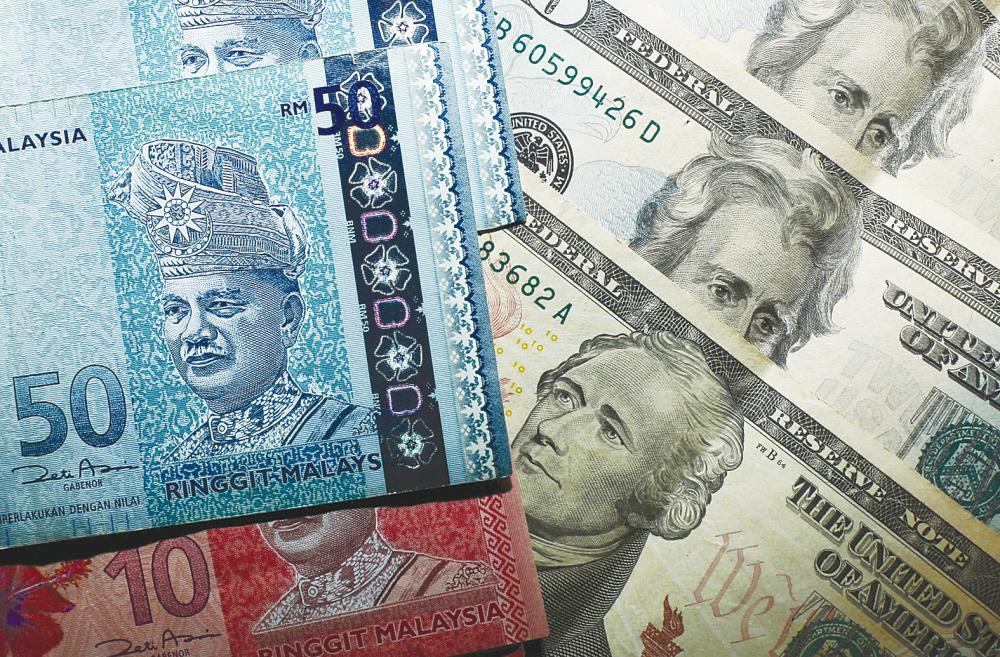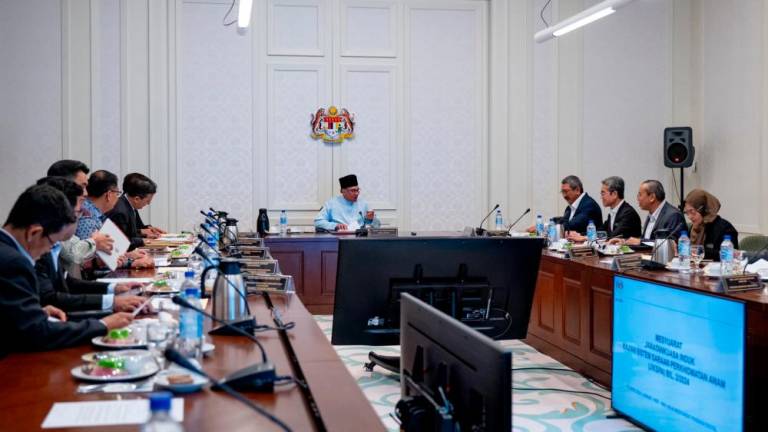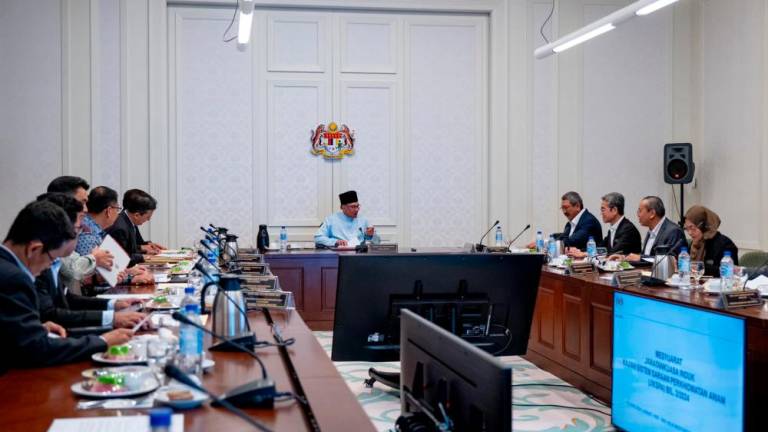PETALING JAYA: Bank Negara Malaysia (BNM), while stressing that it does not undertake unfair currency practices, believes the Malaysian economy will not be affected by the country’s inclusion the US Treasury’s monitoring list of potential currency manipulators.
“Malaysia adopts a floating exchange rate regime. The ringgit exchange rate is market-determined and is not relied upon for exports competitiveness,” the central bank said in a statement today, noting that it supports free and fair trade.
Malaysia’s inclusion in the monitoring list comes after US Treasury Secretary Steven Mnuchin lowered the threshold for qualification. This, however, comes with no immediate penalties.
Under the new threshold, countries with a current account surplus equivalent to 2% of gross domestic product (GDP) are now eligible for inclusion in the list, down from 3%.
The other two criteria are persistent intervention in markets for a nation’s currency, and a trade surplus with the US of at least US$20 billion (RM83.8 billion).
Countries that meet two of the three criteria are placed on the watch list.
Malaysia meets two of the three criteria – it has a trade surplus of US$27 billion with the US and a material current account surplus equivalent to 2.1% of GDP. It is among the nine countries in the monitoring list, alongside China, Germany, Italy, Ireland, Japan, South Korea, Singapore and Vietnam.
On the US Treasury Department’s claim that BNM has intervened in both directions in foreign exchange markets in the last few years, the central bank said any intervention is limited to ensuring an orderly market and avoiding excessive volatility of the exchange rate that may affect macroeconomic stability.
“The fact that the ringgit has over the years faced multiple episodes of significant appreciation and depreciation points to the flexibility of the exchange rate,“ it said.
BNM also explained that as a small and highly open economy, the current account of Malaysia’s balance of payments is affected by both internal and external developments, including cyclical and structural factors.
About half of Malaysia’s trade surplus is driven by commodity exports, which is largely influenced by global demand and supply, as opposed to the exchange rate.
“On the other hand, manufactured surplus is partly driven by the long-standing presence of large export-oriented multinational corporations in Malaysia, including from the US. The current account surplus is thus a reflection of the diversified nature of the Malaysian economy.”
The central bank reiterated that there are no consequences for the Malaysian economy from its inclusion in the US Treasury monitoring list.
“The Malaysian economy remains resilient, underpinned by strong economic fundamentals, including the flexibility accorded by a floating exchange rate and strong external balance.”
The ringgit weakened by 0.2% to 4.1965 against US dollar as at 5pm today.














